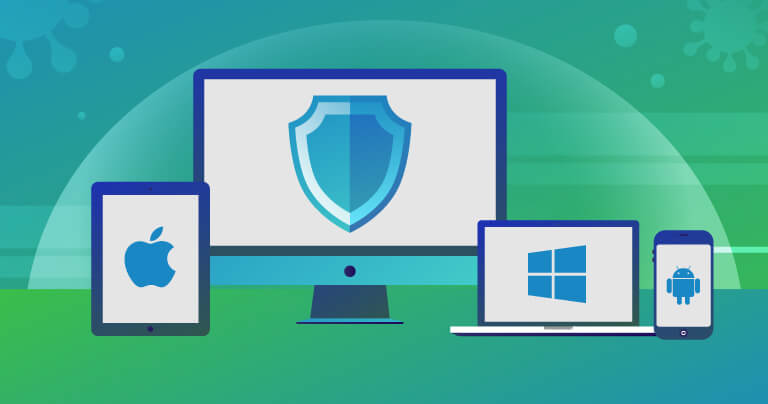
Use Antivirus Software to Improve Your Cybersecurity
What is antivirus protection?
Software that detects, disables, and then removes malware is known as antivirus protection. It scans by comparing a device’s files to the files in its database, updated frequently to include malware and viruses. For the software to detect malware even if it isn’t already in the database, it additionally analyses the device for any odd actions that might point to malware. The best antivirus software is your best defense against cyberattacks, even if no antivirus protection is 100% infallible due to outdated databases and behavior-based detection – buy ESET NOD.
How do malware protection and antivirus software work?
Antivirus software checks every file before downloading since viruses typically access your computer through an infected file. Computer viruses contain specific codes that distinguish them, much like biological viruses have distinctive DNA. A file’s coding gets compared with known virus codes by antivirus software to identify risks.
The best antivirus programs also have some artificial intelligence, such as heuristics, to search for cues that a virus gets concealed because hackers may attempt to mask a virus’s code – so buy ESET NOD.
How malware protection works
Antimalware protection searches for new cues because malware is full-fledged software rather than a parasitic code when examining attachments and links. One well-liked strategy is to run new software in a sandbox, which is a contained setting.
You can use the software on your device if everything appears to be in order in the sandbox. But if anything strange occurs in the sandbox, it is addressed before your device or data is in danger. The antimalware program takes care of everything automatically; you don’t need to ask for the sandbox or take any other unusual actions.
How to Pick the Best Antivirus Program
A complete solution should probably be purchased by those who engage in more varied online activities such as file sharing, streaming, gaming, and online business. When selecting antivirus software, consider the following:
Look into resource usage.
The more functions your software performs, the more resources it will require to work when it’s running in the background. For older computers with little memory, this could be a problem. If your computer can’t manage the load, don’t purchase antivirus software with more capabilities than you need. When contrasting antivirus products, look for information on resource utilization.
Know the different types of software.
Always keep in mind that antivirus software is not antimalware. Antimalware software can assist in resolving issues that arise after infection, but it cannot truly stop viral infections.
Get a free trial.
Use the free trial offered by antivirus software if it is available. The easiest method to determine whether it presents everything you need without slowing down your computer is to test the system load and included features using this.
Relax about the firewall.
If your computer is more recent, avoid letting the presence or absence of a firewall feature influence your choice. The built-in firewall with Windows is good, regardless of what you may find in your antivirus program.
Verify detection rates.
Software with a higher detection rate and testing history will perform as intended on your device. Consumers can learn about the quality and effectiveness of various antivirus software through monthly testing conducted by independent labs like AV-TEST and AV-Comparatives.
